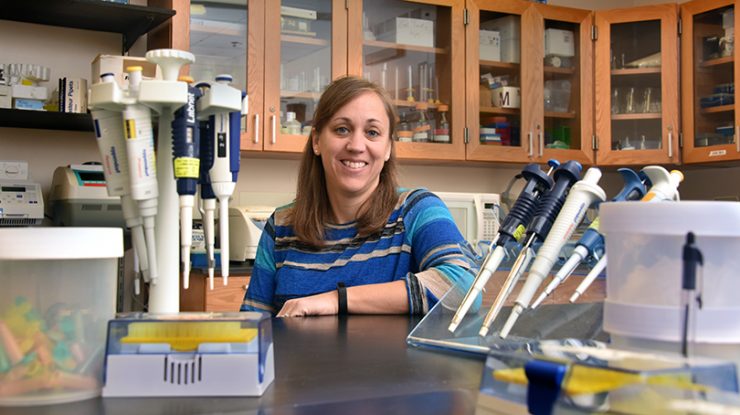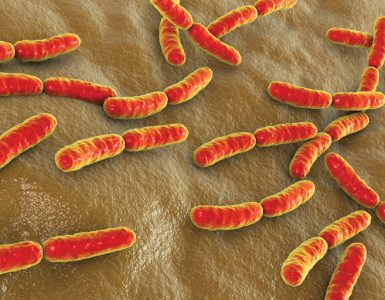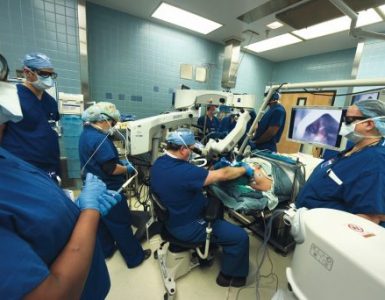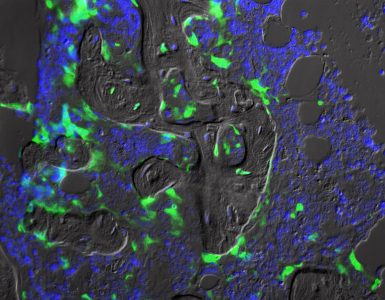The College of Science and Mathematics, is using a $900,000 grant from the National Science Foundation (NSF) to help increase the number of students completing undergraduate degrees in STEM disciplines, and what they learn from the process has the potential to help advance STEM education at universities across the nation.
Principal investigator Dr. Angie Spencer, associate professor of chemistry, says the scholarships will provide support for two cohorts of 15 students for up to three years. The grant will focus on those traditionally underrepresented in STEM programs.
“We know a lot of our STEM majors work a lot — more than half have part-time jobs,” Spencer says. “We think that’s taking away from their academic potential, so we hope to relieve them of their work responsibilities.”
As important as this financial support is, the program will also include several elements aimed at increasing persistence and success in STEM fields, including the addition of learning communities which, while similar to the Living Learning Communities already established in the residence hall, will be tailored to students who don’t live on campus.
“We’re also going to provide a pretty rigorous mentoring program,” Spencer says.
Starting their sophomore year — their first year in the program — students in the Promoting Opportunities and Pathways for Undergraduate Persistence in STEM (POPUPS) will have a peer mentor, then a faculty mentor. For their third year, they’ll have a professional mentor, which will be someone from the community who has expertise in a career similar to what the student wants to experience.
Perhaps most novel, however, is the project title’s namesake element — pop-up workshops, which are informal, hands-on experiences that aren’t connected to any particular class.
“If students are doing activities that are not tied to a grade, they can get into it and really enjoy it without feeling the pressure,” Spencer says. “When the pressure’s off, they can tinker and see how this connects to that, and that makes a pretty big difference with students.”
Along with the hands-on workshops, Career Services will conduct workshops related to career awareness and the development of some of the skills employers expect from their recruits. It’s all geared toward giving these students confidence and self-efficacy, which is one of the main elements they’re measuring.
“There’s data on learning communities and mentoring, but we haven’t seen any literature out there on the effectiveness of pop-ups — and certainly not how they relate to self-efficacy,” Spencer says. “So the ultimate goal is to see that relationship and report out to the community.”
In the meantime, students are receiving important financial assistance to help them progress toward their degrees and the nation is getting more graduates entering STEM fields — a win-win-win by anyone’s standards.










